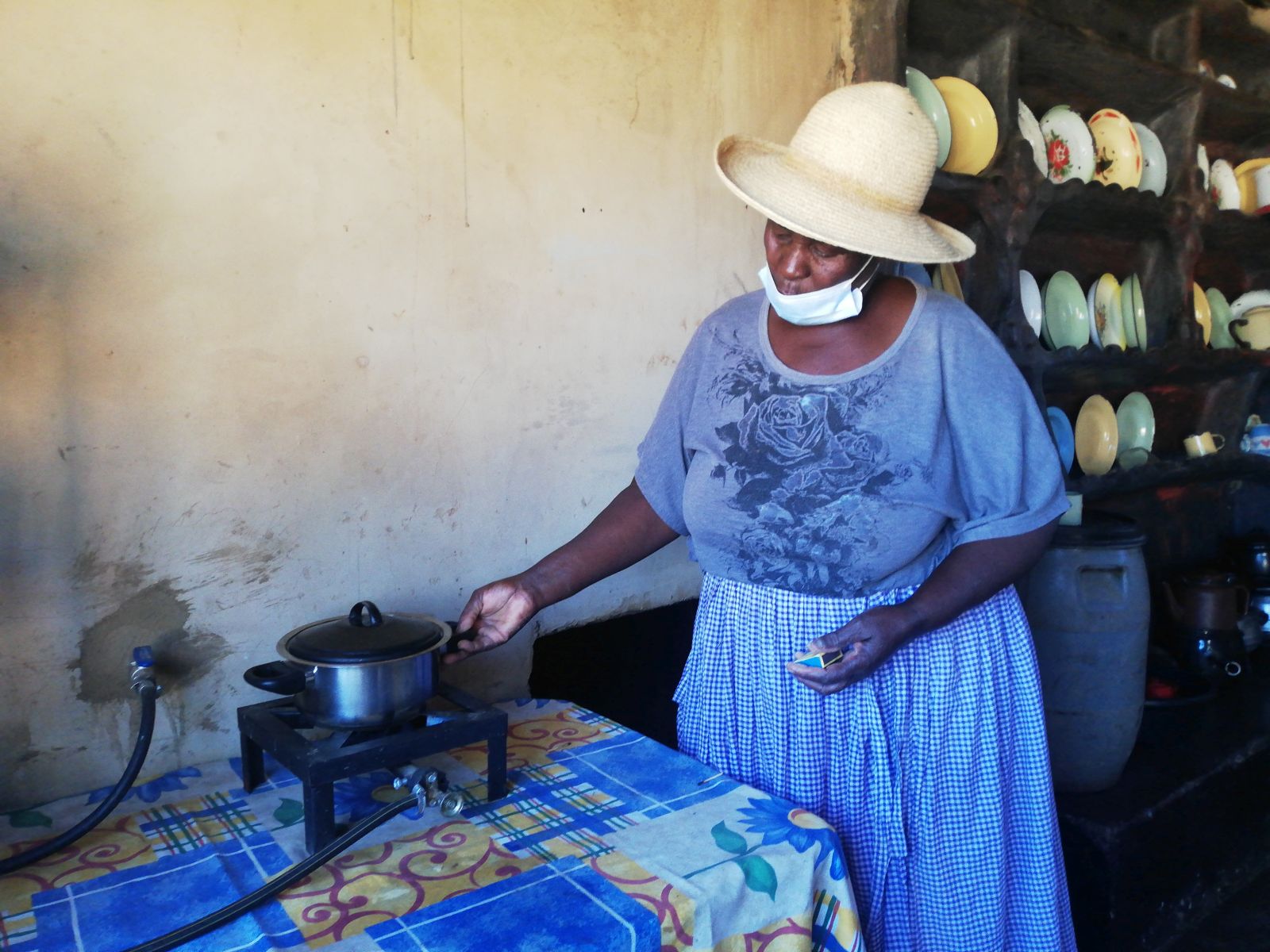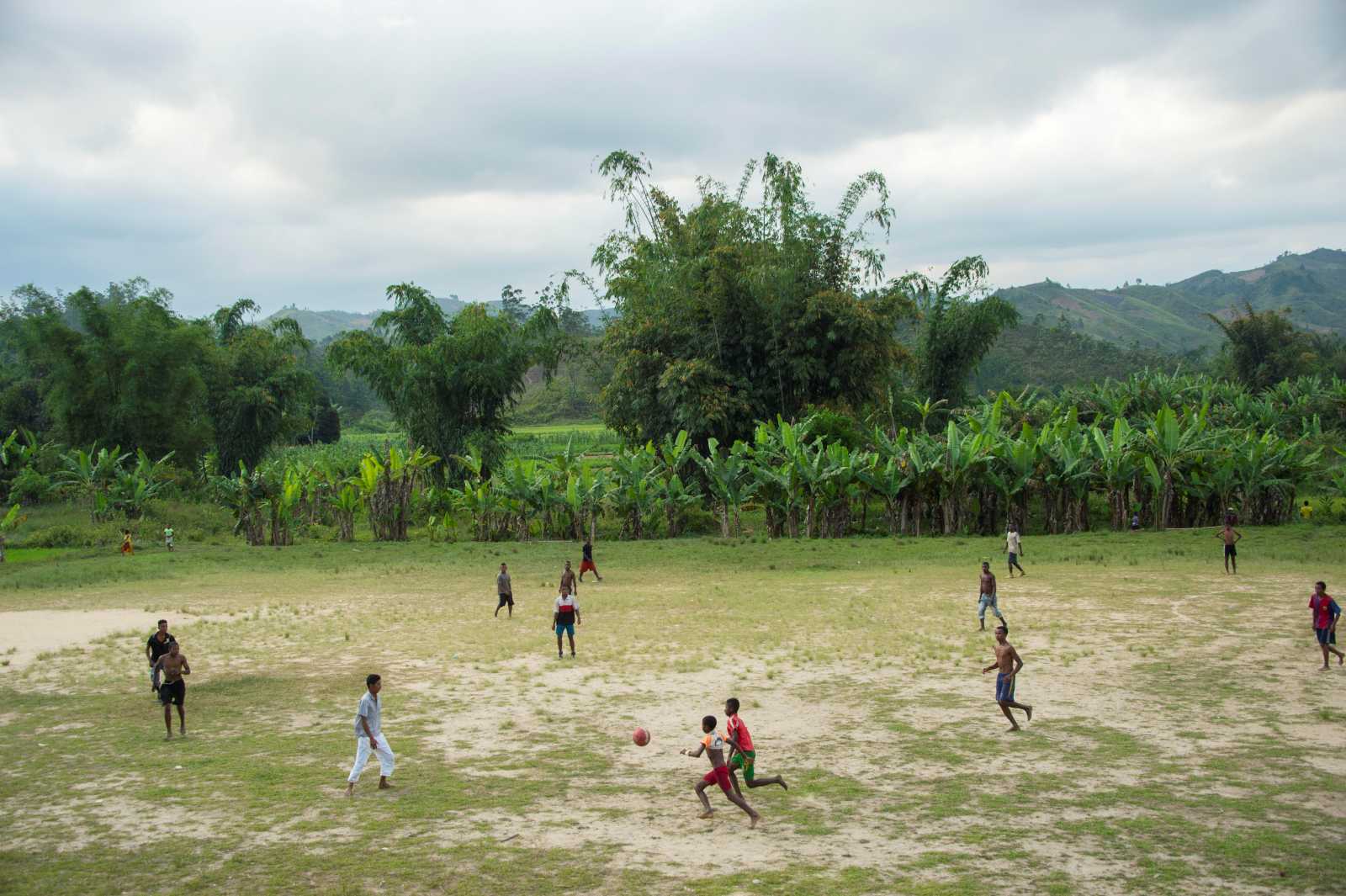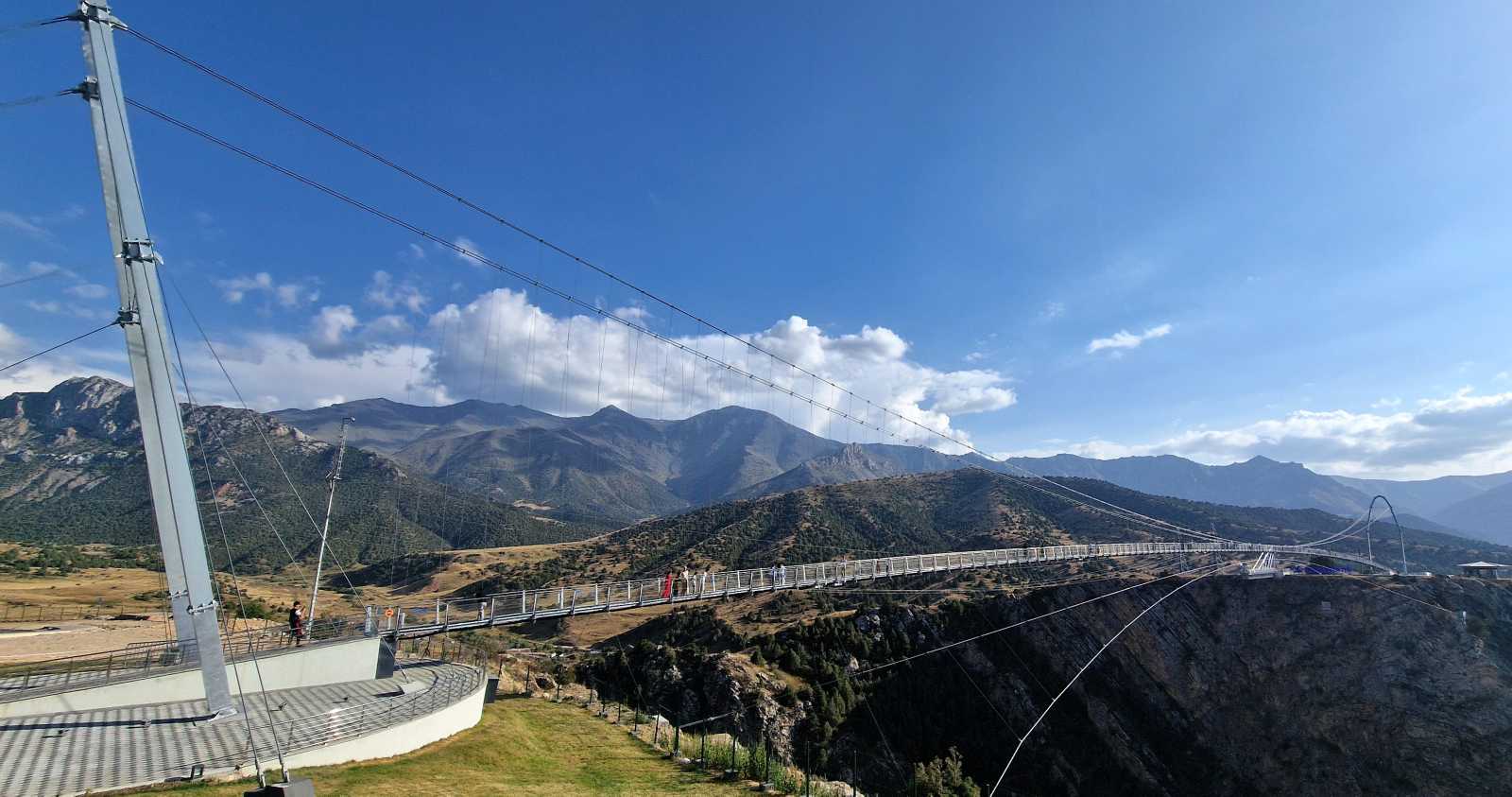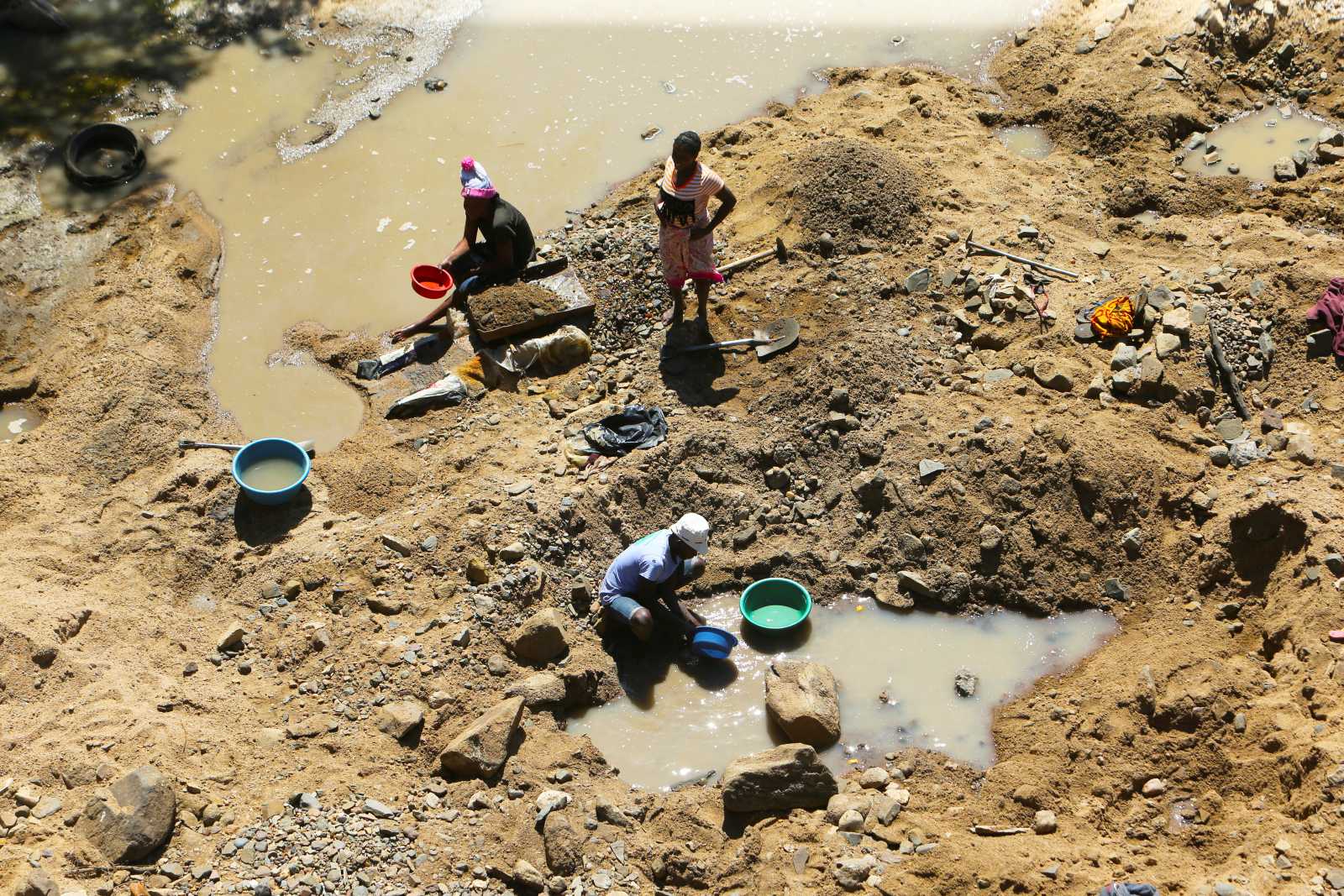Education
How biogas is transforming school meals and forests in Malawi
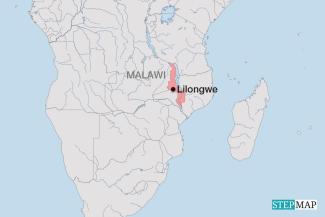
Until October last year, 15-year-old Meza Makadyanji often stayed home from school – not because she didn’t want to learn, but because she was too hungry. Even the long-running school meal programme by the World Food Programme (WFP) was unreliable: without firewood, no meals could be prepared. “Sometimes, there was no food at school at all,” she recalls. “And at home, we had nothing either. Our maize crop was destroyed by floods. I was always hungry.”
Today, everything is different. Meals are now cooked using biogas technology – a clean energy source that has replaced firewood. Makadyanji and the 950 other pupils at Chagambatuka Primary School in Chikwawa District are no longer missing out on school because of empty stomachs.
The initiative is part of a clean energy pilot project launched by the Malawian government in partnership with the WFP. It currently runs in 13 primary schools across the country’s southern and central regions and aims to tackle three problems at once: hunger, deforestation and poverty. The switch to biogas has brought immediate change: Until recently, school cooks would begin work at 1 am, spending hours chopping wood and struggling with smoky fires. This practice delayed lessons and discouraged attendance.
Now, meals are prepared faster and more efficiently. “Cooks start at 4 am, and food is ready early,” says headteacher Wisted Moto. “Learners now arrive two hours earlier than before.” Attendance has improved significantly, with enrolment at Chagambatuka Primary rising from 745 to 914 pupils. “Food is the main reason many children come to school,” Moto says. “Now they come, and they stay.”
Malawi is one of the world’s most wood-dependent countries, with approximately 88 % of its population relying on firewood for cooking and heating. This contributes to the high loss of forest every year. In 2024 alone, Malawi had lost nearly 19,500 hectares of natural forest. School kitchens are major consumers of biomass. According to the WHO, traditional cooking methods contribute to more than 3 million premature deaths annually , more than AIDS, malaria and tuberculosis combined.
Benefits for locals and the climate
In Malawi’s new model, biogas systems run on cow dung, mixed with water and stored in underground digesters that produce methane gas. The fuel powers clean, smoke-free stoves. “We never run short of dung,” says Florence Elaton, head of the local Biogas Committee. “Cattle owners give it to us for free – they see it as an investment in their children’s future.”
The project contributes to Malawi’s e-Cooking Roadmap, launched by the Ministry of Energy in 2024. It aligns with national climate goals by cutting emissions and creating potential revenue through carbon credits. Although no nationwide impact study exists yet, evidence from smaller projects – such as a prison kitchen in Mulanje District – shows a nearly 50 % reduction in firewood use.
Village chief Cosmas Chiwaya confirms the broader impact: “This project is saving our environment. We used to cut too many trees. Now we are preserving them. I hope that we’ll have forests again in the future.”
Simon Denher e of the WFP says the school kitchen initiative is about more than just meals. “It’s about transforming how we think about energy, education and climate action – ensuring children stay healthy and focused in classrooms,” he says. The model could serve as an example for other countries facing similar challenges.
For Makadyanji, the daily meal is no longer just a reason to go to school – it’s the first step toward a brighter future. “I attend class every day now,” she says. “I want to become a lawyer.”
Lameck Masina is a freelance journalist with over 20 years of experience based in Blantyre, Malawi.
lameckm71@gmail.com

